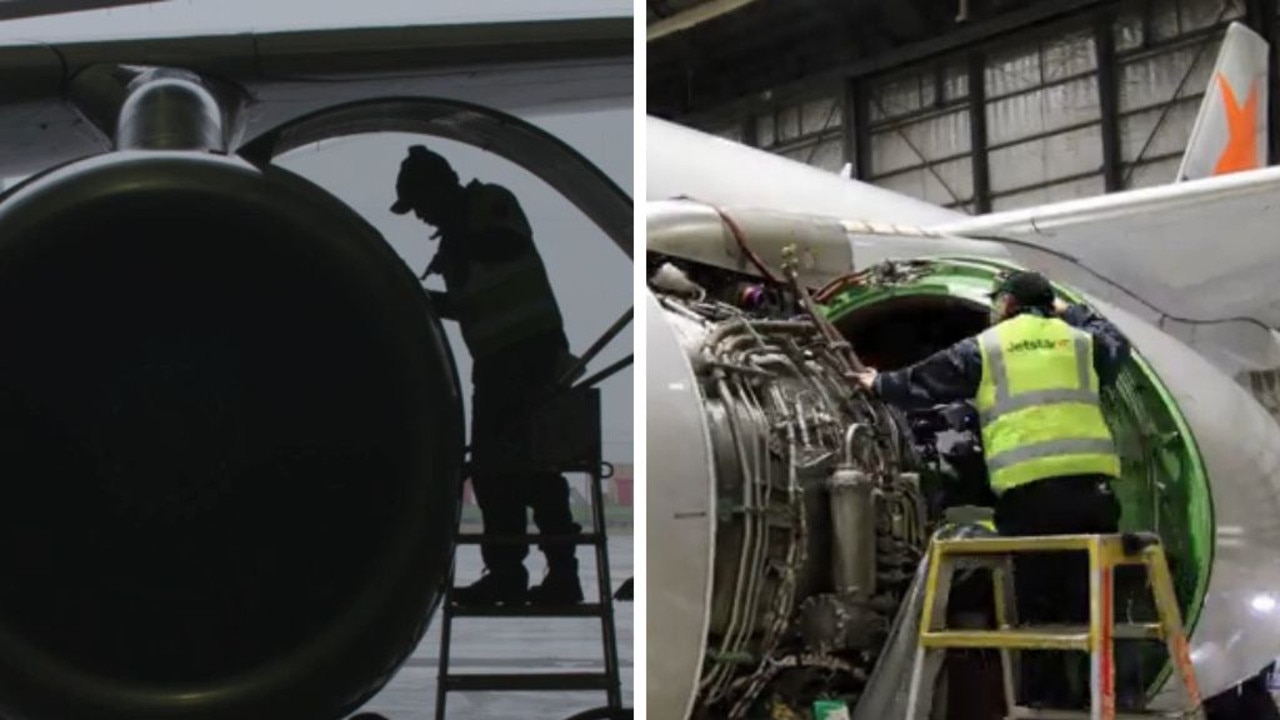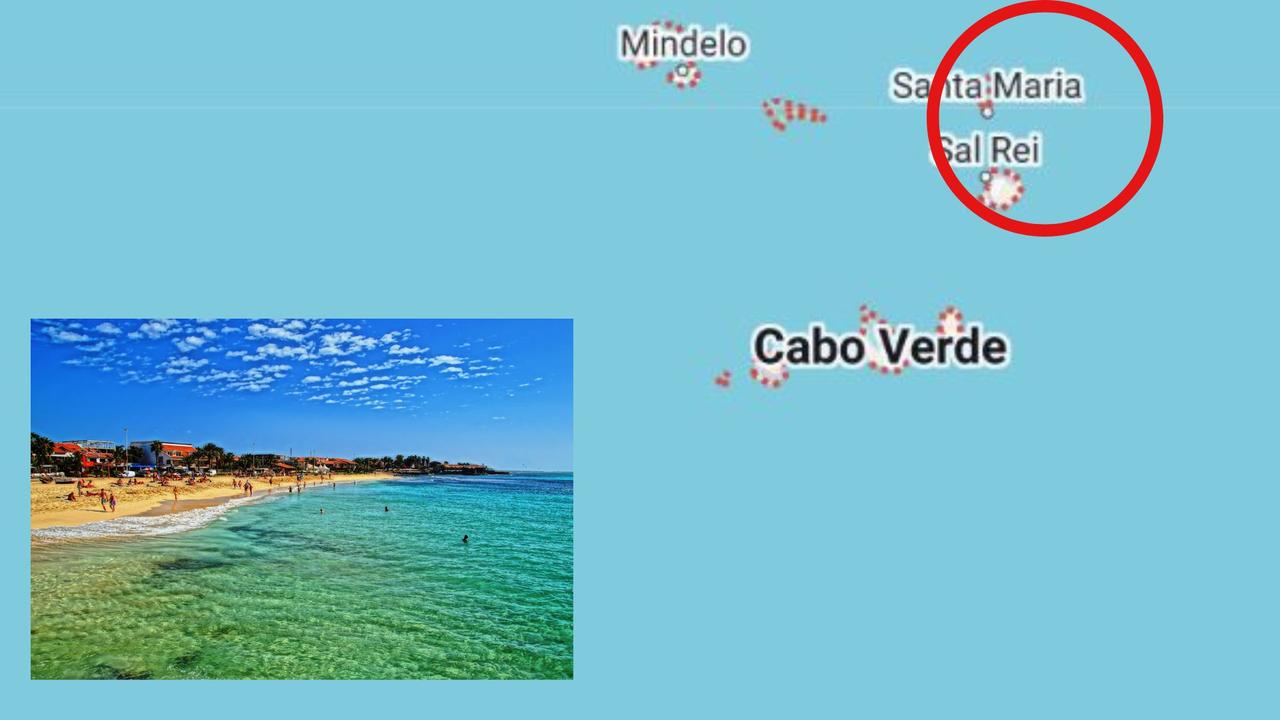How these countries managed to record no coronavirus cases ever
There are at least 10 countries COVID-19 has skipped, which makes them seem the luckiest places on earth. But it’s not all good news.
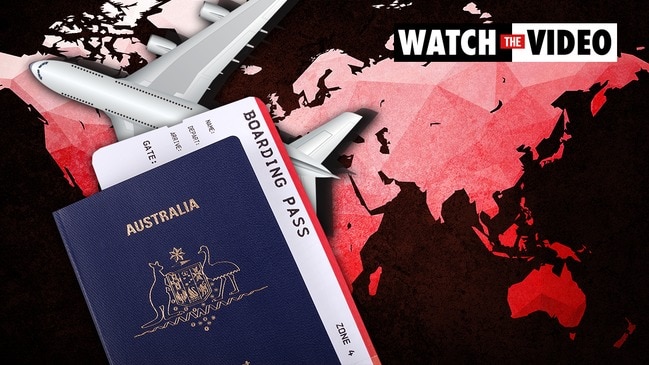
These islands did what no other country managed to: keep the coronavirus wholly out of their borders.
Across the globe, there are only 10 United Nations member countries with no recorded COVID-19 cases.
All Pacific Ocean islands, they are Palau, Micronesia, Nauru, the Marshall Islands, Kiribati, the Solomon Islands, Tuvalu, Samoa, Vanuatu and Tonga, the New York Post reported.
While the rest of the world fights the coronavirus, these assorted isles and archipelagos boast the honour of successfully managing to keep the novel virus at bay.
RELATED: Follow the latest coronavirus updates
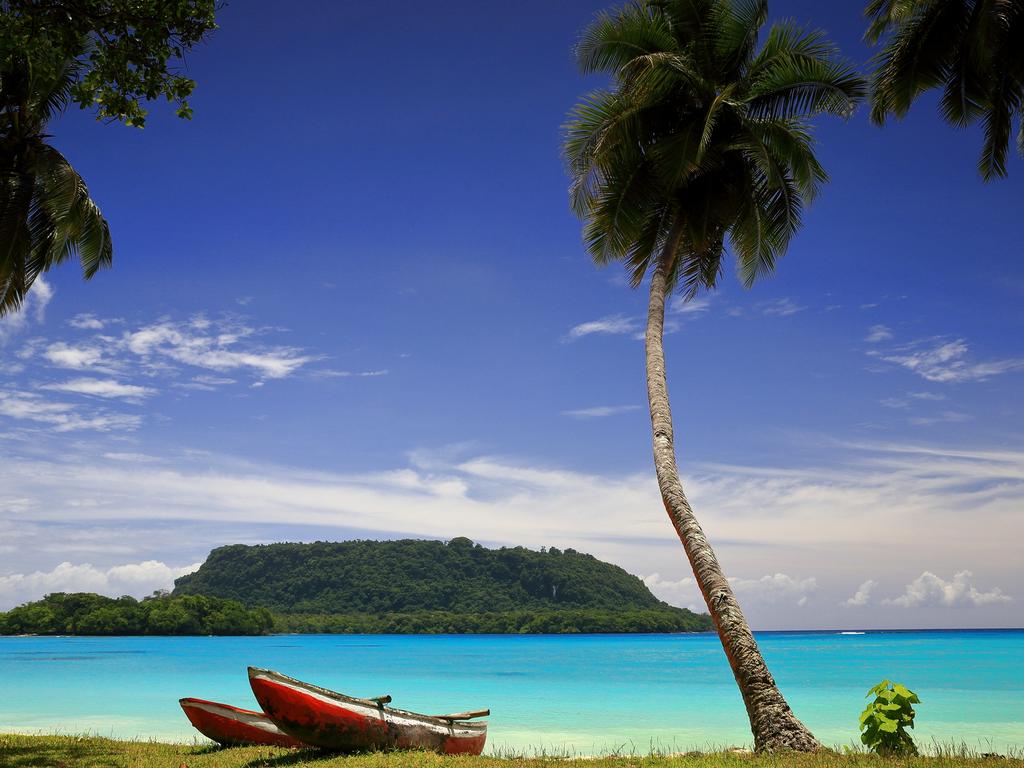
RELATED: 10 countries most likely to reopen to Aussies
But in order to do that, they’ve had to aggressively close their borders, and in the process, restrict tourism dollars vital to their economies and imperilling business owners’ livelihoods.
Still, even those looking at fiscal despair feel their government made the right move in temporarily sacrificing the economy in the name of keeping out COVID-19.
“I think they did a good job,” Brian Lee, co-owner of a nearly 40-year-old hotel on Palau, told the BBC of the government’s decision to functionally close, and keep closed, the republic’s borders since March.
RELATED: ‘Bula bubble’ proposed for Aussies to visit Fiji
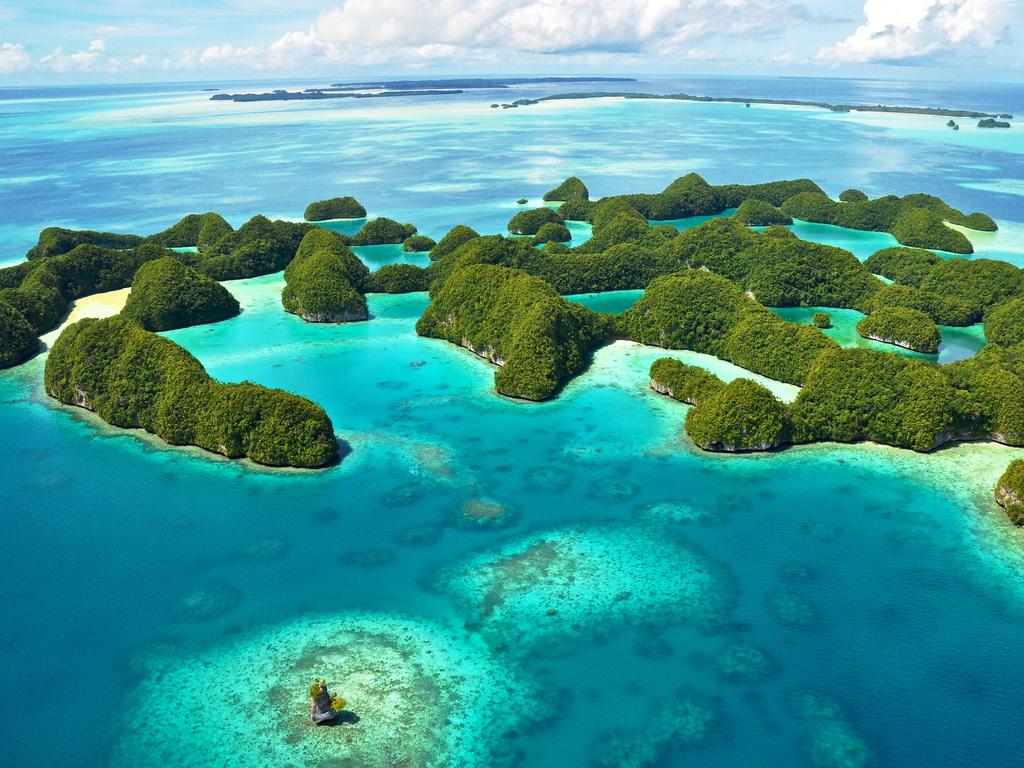
Still, if Palau’s borders do not open soon, even with the nation’s public financial support, he may have to shutter his business.
“I can stay for another half-a-year,” said Mr Lee, who usually enjoys a 70 to 80 per cent occupancy rate but now finds himself struggling to keep his 20-plus person staff busy.
“Then I may have to close.”
The Marshall Islands anticipates losing over 700 jobs as a result of the pandemic, many in hospitality as well as the fishing industry, where strict quarantine restrictions have contributed to what some reports estimate as a 50 per cent depletion in exports.
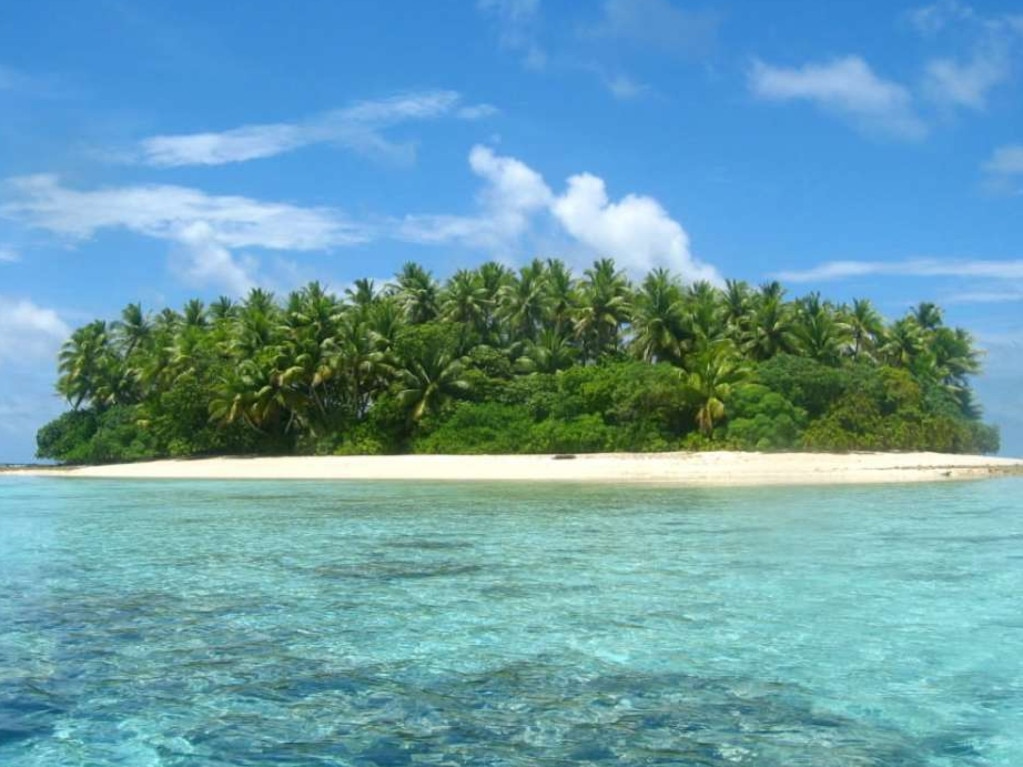
There remains a general consensus among experts, though, that prioritising residents’ health over their wealth was the right move.
“Even if they kept their borders open, their major tourism markets of Australia and New Zealand wouldn’t be open, as they’ve locked down their own borders,” Jonathan Pryke, director of the Pacific Islands program at an independent international policy think tank told the BBC.
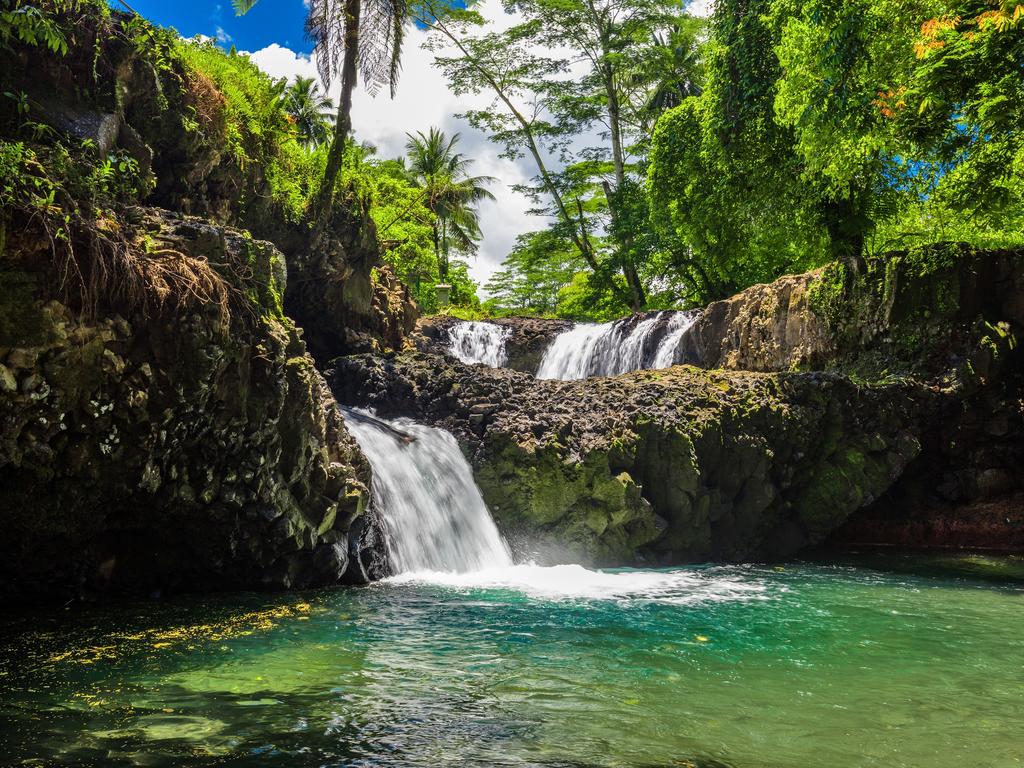
“If the islands had chosen to prioritise their economy, they would have the worst of both worlds – a health crisis and an economic crisis.”
While it’ll take years for society to decide what the best policies for handling the coronavirus were, Mr Pryke feels confidently that “looking back, no one’s going to doubt that locking down was the right move by these Pacific nations”.
This article originally appeared on the New York Post and was reproduced with permission

